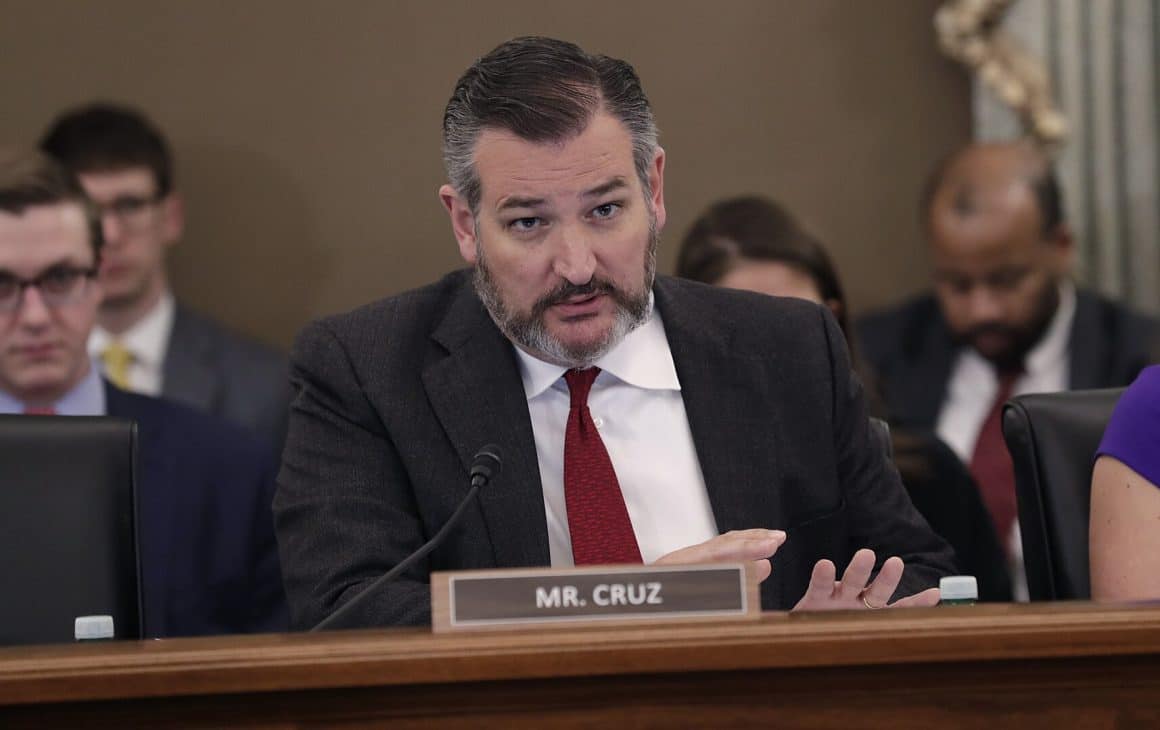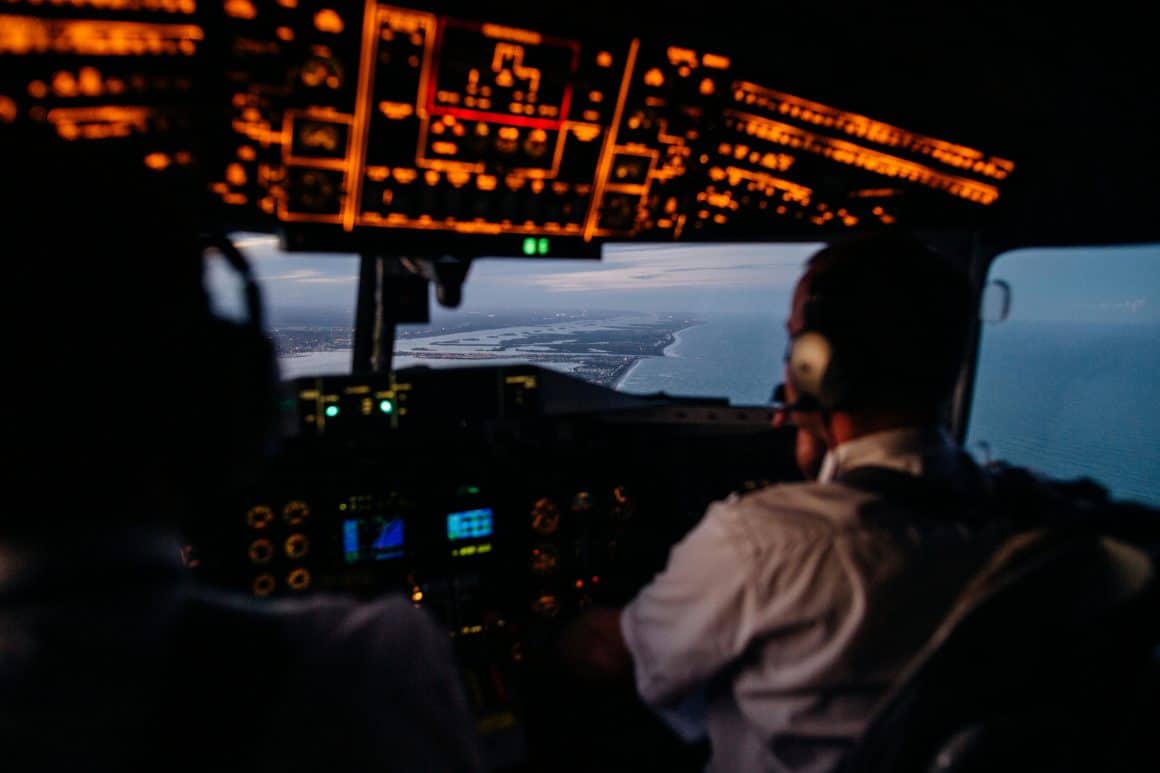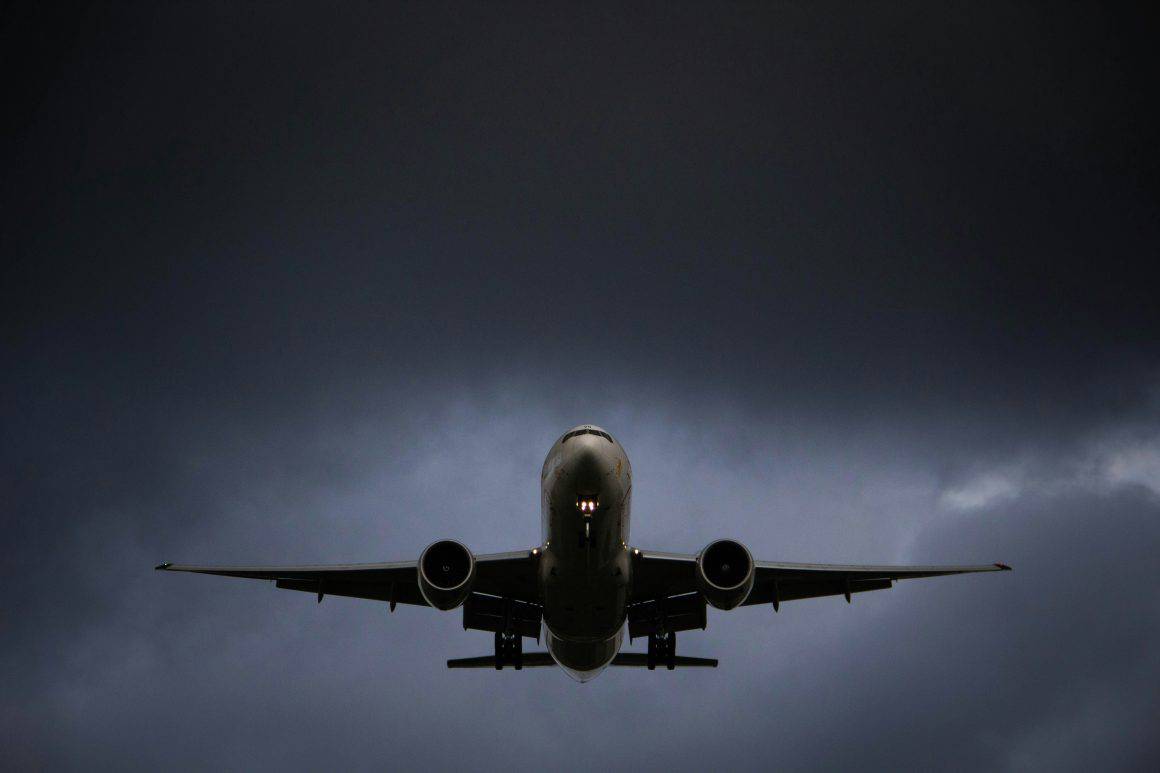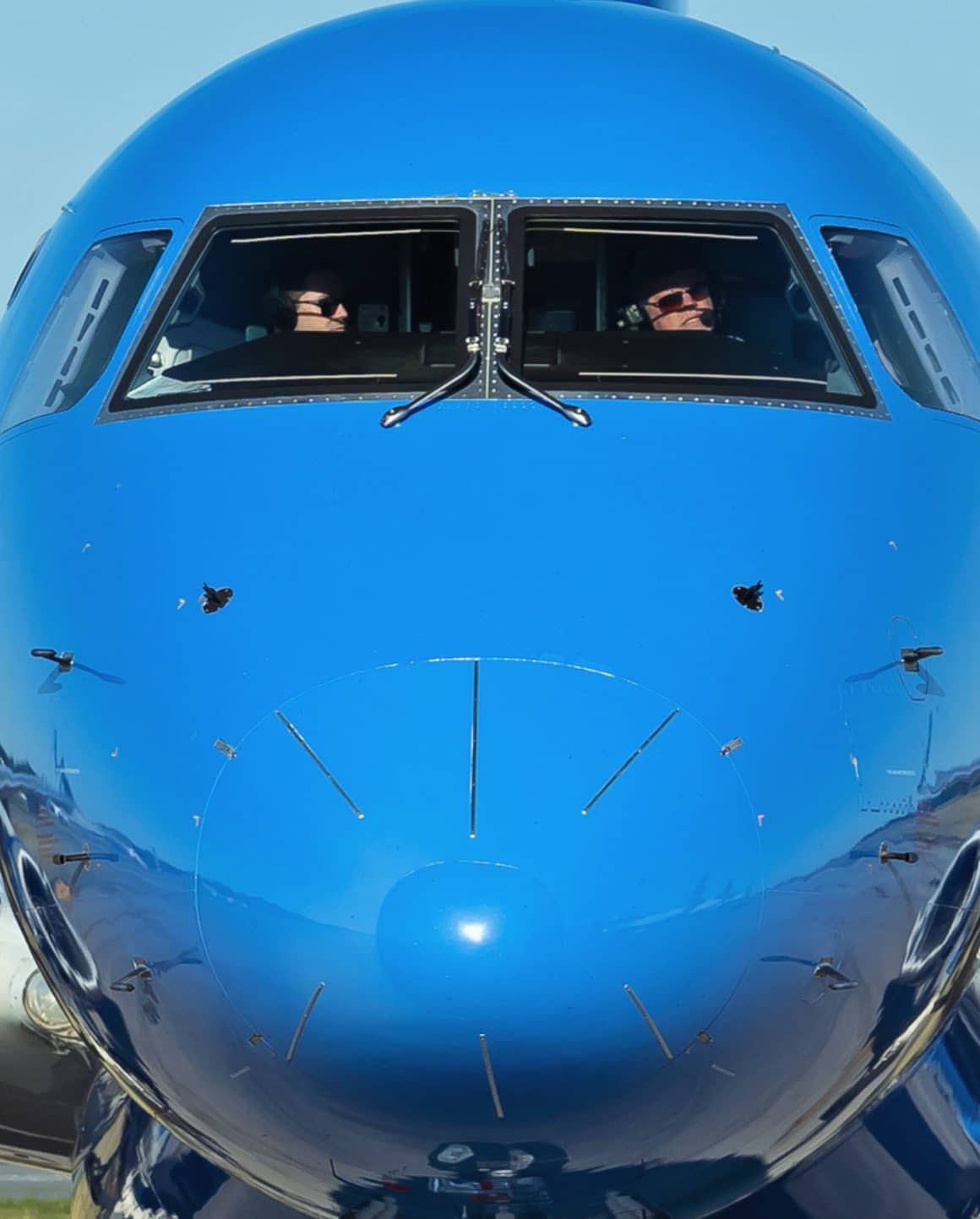The International Civil Aviation Organization (ICAO) doesn’t often make front-page news, but for airlines, regulators, and pilots, its decisions shape the rules of global aviation, including pilot retirement age.
Based in Montréal and operating under the umbrella of the United Nations, ICAO sets standards on everything from crash investigations to runway markings to medical qualifications for flight crews. With 193 member states translating its guidance into national law, what ICAO chooses to act on (or not act on) carries tremendous weight.
That’s why industry insiders are watching closely this week as ICAO delegates gather for their triennial assembly. The 42nd ICAO General Assembly kicked off in Montréal on 23 September and will conclude on 3 October.
Among the topics up for discussion is whether to raise the mandatory retirement age for airline pilots from 65 to 67, a change backed by some governments and industry groups but fiercely opposed by pilot unions. According to Bloomberg Government, ICAO chose to sideline the matter instead of making a decisive move. For now, the current age limit of 65 remains in place worldwide.
But while the decision temporarily clarifies the debate, it doesn’t settle it. If anything, ICAO’s punt underscores just how divided the aviation world remains on the issue.
Political Pressure: Cruz’s Push to Raise Pilot Retirement Age

On the US side, some big names are involved in helping make the case for raising pilot retirement age. Senator Ted Cruz (R-TX), the Republican chair of the Senate Commerce Committee, was one of the loudest advocates for raising the limit. Ahead of the ICAO Assembly opening last week, Cruz sent a sharply worded letter to President Donald Trump, urging him to press US officials to support the age increase.
“America should lead on the international stage in support of raising, or even abolishing, the pilot retirement age,” Cruz wrote in the letter. “Thousands of experienced pilots are forced to retire every year because of Democrat age discrimination. Republicans can fix this!”
America should lead on the international stage in support of raising, or even abolishing, the pilot retirement age.
Senator Ted Cruz (R-TX), Chair of the Senate Commerce Committee
Cruz argued that forcing highly qualified aviators out of the cockpit at 65 is wasteful, especially as airlines confront chronic staffing shortages.
He noted that pilot retirement ages have risen before – from 45 to 60 to the current 65 – and said there is no scientific reason not to move the line again. He cited FAA and NTSB data showing no spike in incidents involving older pilots and leaned on studies suggesting that experience, not age, is the stronger predictor of safe performance.
“Flight experience, often associated with age, is significantly correlated with flight safety,” wrote Cruz. “Older, highly experienced pilots maintain better overall flight performance and show less decline over time.”
Cruz’s push came amid a chorus of other supporters from around the world. The International Air Transport Association (IATA), representing some 350 airlines worldwide, introduced a proposal to ICAO calling for a two-year extension of pilot careers. The group argues that the change could be made “without any impact on aviation safety” and pointed to countries like Canada, Australia, Brazil, Japan, New Zealand, and the United Kingdom, which already backed the idea.
Opposition Mounts

Not everyone is convinced. The Air Line Pilots Association, International (ALPA), representing 80,000 pilots in North America, strongly opposes raising the pilot retirement age. ALPA president Jason Ambrosi cited studies suggesting higher health risks and cognitive decline among older pilots, warning that safety could be compromised if ICAO acted too quickly.
“The United States is the global leader in aviation safety, and we should resist any attempts to arbitrarily make changes to the regulatory framework that has helped us achieve this record,” ALPA said in a statement dated 28 August 2025. “That’s why Congress rejected making a change to the retirement age just last year. The US should continue to provide global leadership on this issue and maintain its current position.”
We should resist any attempts to arbitrarily make changes to the regulatory framework.
ALPA Statement
The union also flagged practical concerns: international consistency. A 66-year-old pilot cleared to fly domestically in the US would suddenly hit a regulatory wall when assigned to an international leg. That patchwork could wreak havoc on airline scheduling and potentially disrupt alliance and codeshare operations.
The International Federation of Air Line Pilots’ Associations (IFALPA) joined the chorus of opposition, saying any increase must be based on “significant scientific research and a clearly established safety case.” The group said implementing a change first and then studying the impact later would invert ICAO’s own safety-first philosophy.
A Fractured Global Debate

The ICAO assembly itself highlighted how fractured the conversation has become. Some nations saw raising the pilot retirement age as a pragmatic step to ease shortages. New Zealand supported the measure as an “interim solution,” while Japan called it “necessary” as long as additional medical safeguards were implemented. Algeria, Jordan, and several others echoed support.
But opposition was equally strong. Some argued that more consultation and data were needed, pointing to concerns about fatigue, cognitive decline, and the broader impact on the pilot workforce. Others pressed for a deeper safety analysis, while some warned the change could limit opportunities for younger aviators. There were also concerns about how older pilots might perform in busy, high-pressure airspace where quick reactions are critical.
Even ICAO’s own secretariat admitted the science was “inconclusive,” citing a lack of consistent global data on pilot health and incapacitation. That admission gave cover for the technical commission to defer the matter. As Bloomberg reported, the proposal was effectively “sidelined,” hobbling Cruz’s push and leaving the status quo intact.
The Pilot Retirement Age Debate Reveals a Generational Divide
The fallout hits pilots on both sides of the generational divide. For those approaching the mandatory retirement line, the 65 limit feels arbitrary. Many say they are healthy, sharp, and ready to keep flying, only to be grounded by regulation.
“[This] doesn’t seem like the right answer,” says FAA Administrator Bryan Bedford. “[It is] pretty clear that we have really experienced pilots that still have a lot of gas in the tank…and a lot of mentoring that they can bring to the table for the younger workforce that we’re developing for the future.”
But for younger pilots, the age cap represents opportunity. First officers eyeing long-awaited upgrades to captain worry that raising the ceiling will clog the system and delay their careers. For them, every year counts, and two more years of blocked advancement could feel like an eternity.
It’s a classic aviation generational divide: the seasoned captain versus the ambitious junior pilot. Both make valid points, which is why the issue has proven so hard to resolve.
The Issue is As Contentious As Ever

For now, ICAO’s decision buys time, but not much else. The global retirement age remains at 65, which offers airlines clarity in planning. Yet the shortage of qualified pilots remains a pressing issue, particularly in North America, where a wave of retirements is looming over the next decade.
The age-limit debate will almost certainly return to ICAO’s agenda in the coming years. If stronger data on medical fitness emerges or workforce shortages worsen, pressure will mount to revisit the question. However, until a clear safety case can be established and a consensus is built among member states, raising the retirement age will remain stuck in a holding pattern.
In the meantime, thousands of pilots are staring down their 65th birthdays, weighing whether they’ll leave the cockpit reluctantly or embrace new opportunities outside the airline world. One thing is crystal clear for airlines, regulators, and pilots alike: the question of when to hang up the wings remains unsettled…and as divisive as ever.
Stay tuned.

